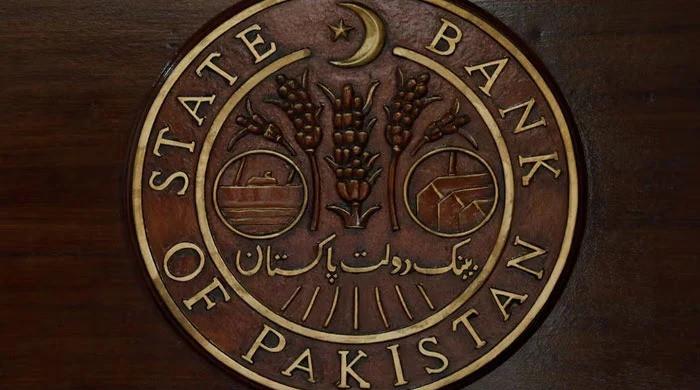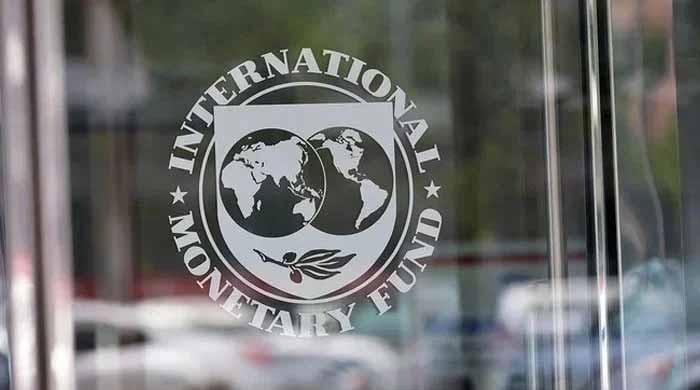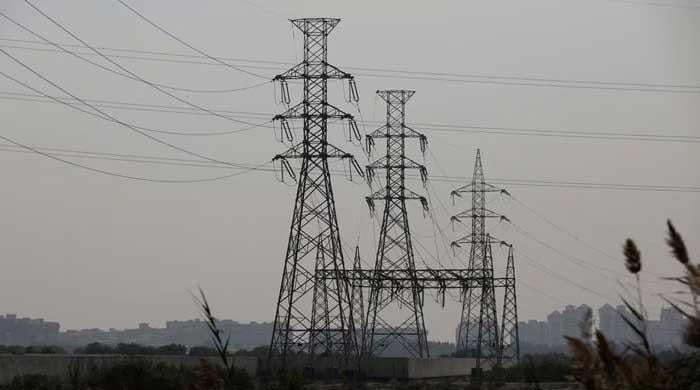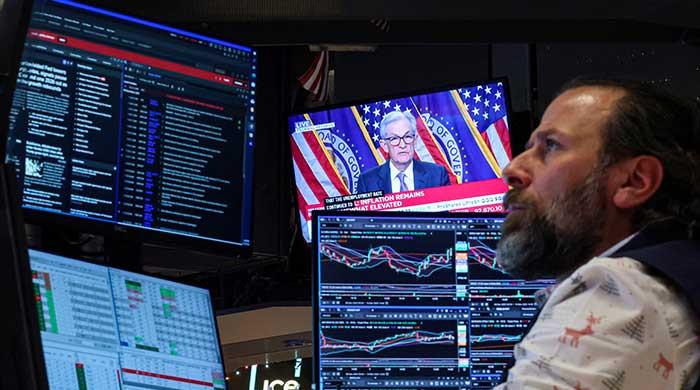IMFC welcomes global economic upswing, warns of low inflation
The IMFC's communique said global growth prospects were strengthening thanks to a pick-up in investment, trade and factory output
October 15, 2017
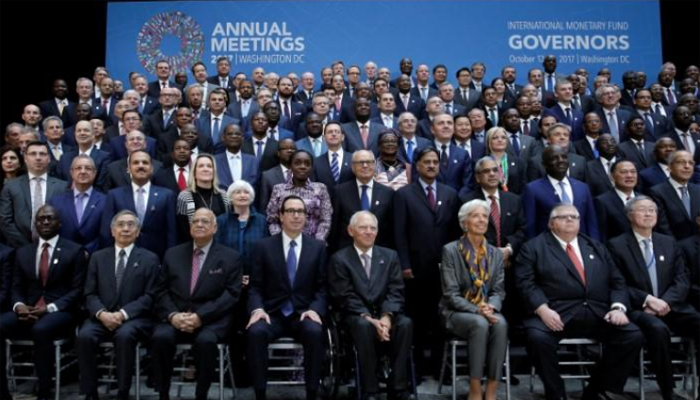
WASHINGTON: Member countries of the International Monetary Fund (IMF) on Saturday welcomed the global upswing in economic activity but warned that the recovery was not yet complete given low inflation and geopolitical risks.
The IMF’s steering body repeated its past commitments on currency exchange rates and made no mention of trade in its communique, as contentious talks to renew the North American Free Trade Agreement (NAFTA) overshadowed the global lender’s autumn gathering.
IMF Managing Director Christine Lagarde sought to offer a bright note, saying that it was “perfectly legitimate” to renew long-standing trade agreements to respond to a changing world.
“Trade is a very powerful engine of growth, innovation, competition and productivity ... Hopefully, if it is well done, it can be a win-win for all countries in those negotiations,” she said when asked about the NAFTA talks.
The International Monetary and Financial Committee’s (IMFC) communique said global growth prospects were strengthening thanks to a pick-up in investment, trade, and factory output.
“But the recovery is not yet complete, with inflation below target in most advanced economies, and potential growth remains weak in many countries,” it said, warning policymakers against complacency with medium-term risks tilted to the downside.
The IMFC said member countries agreed to work together to reduce “excessive global imbalances,” and to look more carefully at potential side-effects that prolonged low interest rates could have on asset prices and economic activity.
“Effective financial supervision and macroprudential frameworks are key to guard against financial stability risks,” the communique said, reflecting concerns among some policymakers that years of heavy money printing by central banks could be sowing the seeds of excessive risk-taking in markets.
The communique reiterated the member countries’ pledge to refrain from competitive currency devaluations.
It also called on policymakers to complement ultra-easy monetary policy with flexible fiscal policy and structural reforms, to solidify the global recovery.
“Structural reforms that were difficult to do in hard times would be much easier in better times because the outlook is stronger and there is less fatigue on the shoulders of people when the growth is picking up when jobs are created,” Lagarde said.
“It’s when the sun is shining that you need to fix the roof. That message was received 100 percent (by the policymakers).”




